Jill's story
Jill was in her 30s when she noticed that something wasn't right with her sight. As a nurse, she couldn't risk slipping up at work and harming her patients.
“I realised I was making small mistakes at work, which triggered anxiety," she remembers. "I was worried it would be detrimental to the patients I was caring for.”
Eventually, she was diagnosed with the hereditary eye condition, retinitis pigmentosa. Once she was no longer able to work, she felt lost and vulnerable - until she came to us.
"I wouldn’t have got where I am today without Blind Veterans UK and the compassion of their staff," she says. "They do more than just a job, they go above and beyond.”
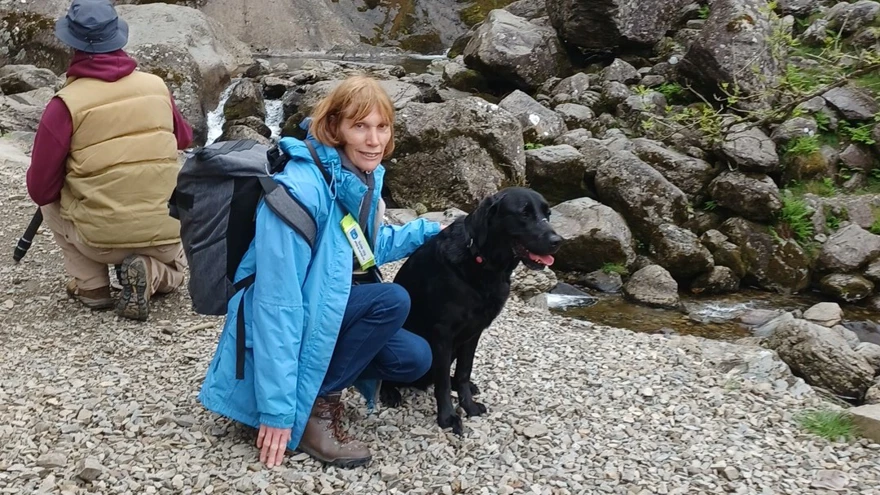
A love of nursing
Jill served with the Queen Alexandra Nursing Corps for four years, during which time she worked in the UK and Germany, even looking after casualties from the Falklands War.
"I worked in military hospitals," she says. "It was very meaningful work and could also be a lot of fun.”
She went on to continue her nursing career in residential care homes and hospitals until the deterioration in her sight made it impossible to continue.
"I noticed a lack of contrast in my vision. I had to get under windows to read prescriptions," she says. "The transition to sight loss is hard. I felt frustrated a lot. I'd get tired and very irritable."
"Nursing is such a meaningful role, and I felt guilty when I was no longer in paid employment. I wanted to be able to support myself but also to feel a part of something and to be useful.”
Engulfed in fear
As Jill's sight continued to deteriorate, she started to feel increasingly fearful.
“With retinitis pigmentosa my sight is unpredictable, depending on light and weather conditions," she says. "I can’t recognise people; I can just see their silhouette. You just feel really vulnerable."
By the time she started receiving our support, she was so convinced she'd be a target for online scammers that she'd stopped using her mobile phone altogether.
"I think hearing about all the scams online actually led to me having a phobia about phones," she says. "I was panicking, basically.”
Learning essential skills
As part of our rehabilitation and training, we gave Jill a new phone with specialist accessibility features, and proper training in how to use it safely.
Now she says, “It's just absolutely astounding what I can do with the phone they’ve given me - e-mail, take notes, write a letter, take photographs and videos... I really do rely on it.”
Jill's also overcome her fears in other ways. She's learnt how to use her white cane effectively, become more active and started making the most of digital technology to live a more fulfilled life.
“I was very reluctant to use Alexa at first," she says. "But now I can listen to books, the news and music and do all the things I would struggle to do otherwise. It’s another piece of equipment I wouldn’t be without.”
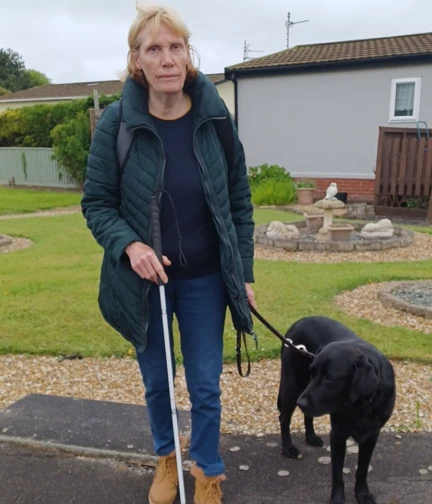
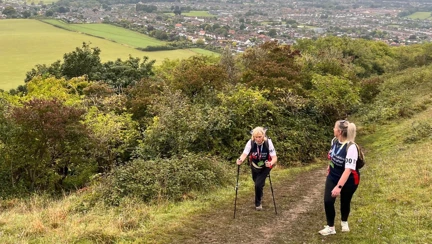
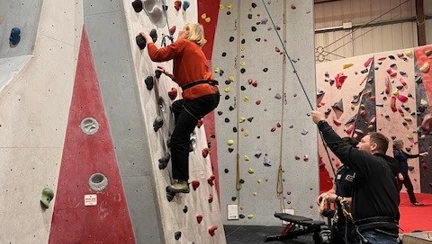
Growing in confidence
Jill’s confidence has grown enormously as she’s become more independent. As one of our working age beneficiaries, she's even completed an internship to help her back into work.
"I was starting to feel lost before I joined the charity," she says. "I'd lost a lot of confidence because I couldn’t just do things readily. But the internship was an amazing experience and saw my confidence flourish."
“Everything I’ve learnt makes me feel so much more competent. It just boosts your self-esteem again. Contacting Blind Veterans UK is one of the best things I’ve ever done.”
Read more
Rob's story
Since losing both his eyes in Afghanistan when he was just 23, Rob has achieved more than he ever thought possible.
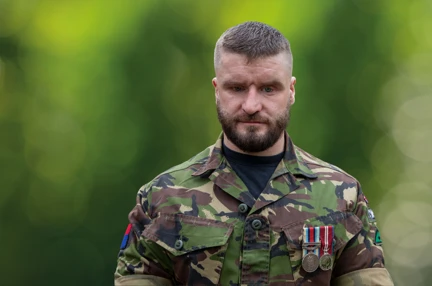
Roan's story
Following his brother's footsteps into the Army, Roan was devastated when sight loss derailed his career.
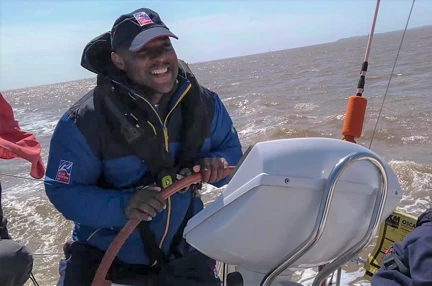
Simon's story
Shot by a sniper, Simon's military career was over. He now works for our charity, helping to recruit new veterans.
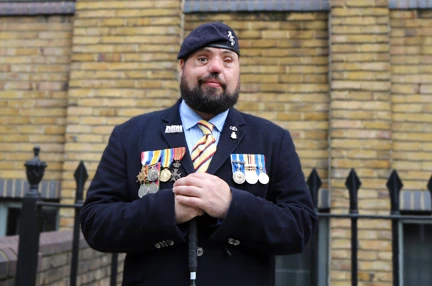
Sign up for email updates
We would love to keep you updated about our activities, services and ways to support us.
You can change your contact preferences at any time by calling us on 0300 111 2233 or emailing us. See our privacy policy for more details.